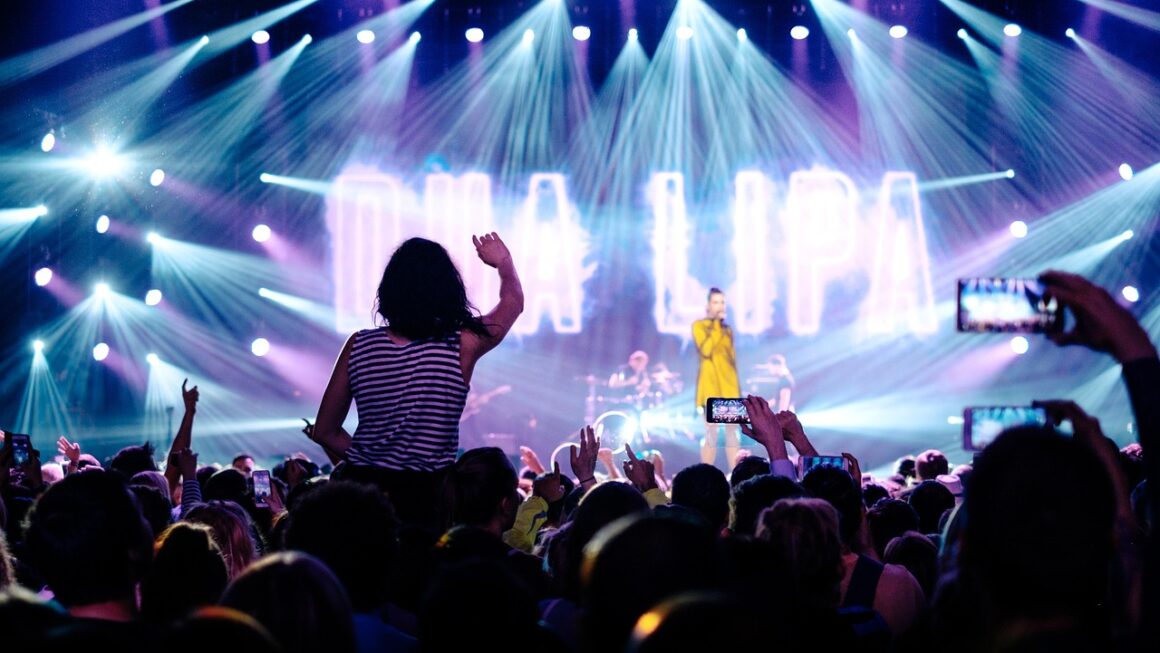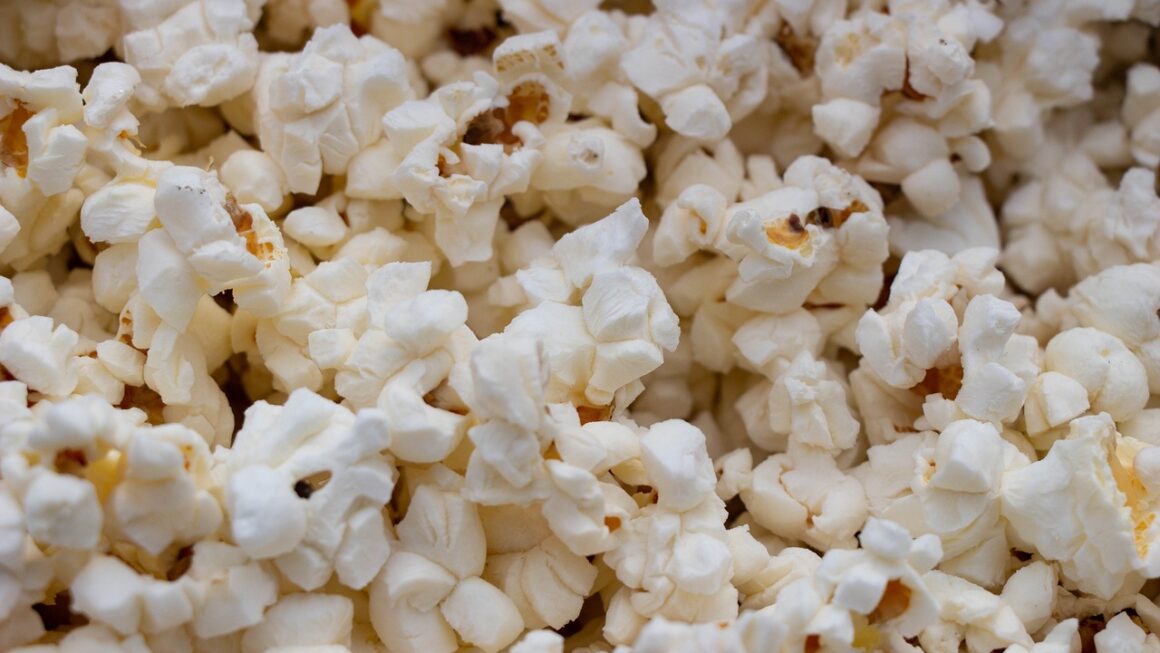
The world of celebrity often seems like a glamorous fairytale, filled with red carpets, dazzling smiles, and enviable lifestyles. But beneath the shimmering surface lies a world of intrigue, scandals, and, of course, drama. From feuds and divorces to social media storms and unexpected controversies, celebrity drama keeps us hooked and fuels countless headlines. In this blog post, we’ll delve into the heart of celebrity drama, exploring its different facets, its impact, and why we, as a society, are so captivated by it.
The Anatomy of Celebrity Drama
Celebrity drama isn’t just random occurrences; it often follows predictable patterns and stems from specific sources. Understanding these roots can help us dissect the narratives and analyze the underlying issues.
Sources of Celebrity Drama
- Relationship Troubles: Romantic relationships are a constant source of drama. Breakups, cheating scandals, and messy divorces frequently make headlines. Think about the rollercoaster relationship between Johnny Depp and Amber Heard, which culminated in a highly publicized defamation trial.
- Professional Rivalries: Competition is inherent in the entertainment industry. Actors vying for the same roles, musicians battling for chart dominance, and public figures clashing over opinions often lead to public feuds. Consider the historical rivalry between Bette Davis and Joan Crawford, a classic example of professional jealousy.
- Social Media Controversies: Twitter, Instagram, and other platforms have become breeding grounds for drama. Celebrities’ impulsive posts, online arguments, and tone-deaf comments can quickly ignite firestorms. Remember when Kanye West’s tweets caused widespread outrage, leading to brand partnerships being terminated.
- Legal Troubles: Run-ins with the law, including DUIs, assault charges, and financial fraud, can significantly damage a celebrity’s reputation and create major drama. Lindsay Lohan’s multiple legal issues throughout the 2000s and early 2010s serve as a cautionary tale.
- Personal Struggles: Mental health challenges, addiction, and other personal issues, when made public, can also create dramatic narratives. Demi Lovato’s struggles with addiction and mental health have been widely documented, highlighting the pressures of fame.
Common Drama Archetypes
- The “Fall From Grace”: A beloved celebrity tarnishes their reputation through scandal or misbehavior.
- The “Feud”: Two or more celebrities engage in a public conflict, often fueled by ego and rivalry.
- The “Redemption Arc”: A celebrity attempts to rehabilitate their image after a period of controversy.
- The “Unlikely Alliance”: Celebrities from different spheres or with past conflicts unexpectedly become friends or collaborators.
Why We’re So Obsessed: The Psychology of Celebrity Drama
Our fascination with celebrity drama isn’t purely superficial. Several psychological factors contribute to our interest.
Psychological Explanations
- Social Comparison Theory: We often compare ourselves to others, including celebrities, to evaluate our own lives. Their struggles can make us feel better about our own challenges or offer a glimpse into a world we aspire to.
- Schadenfreude: This German word describes the pleasure we derive from the misfortune of others. Seeing a celebrity “fall from grace” can be strangely satisfying, even if we don’t consciously acknowledge it.
- Parasocial Relationships: We often develop a sense of familiarity and even connection with celebrities we’ve never met. Their drama feels more personal because we perceive them as part of our social sphere.
- Escapism: Celebrity drama provides an escape from our own lives, offering a distraction from our daily routines and anxieties.
The Evolutionary Perspective
Some argue that our interest in celebrity gossip is rooted in our evolutionary history. Gossip, in general, serves as a social learning tool, allowing us to understand social norms and avoid potential pitfalls. Celebrity drama simply offers a modern, heightened version of this ancient behavior.
The Impact of Celebrity Drama
Celebrity drama isn’t just entertainment; it has tangible effects on both the celebrities involved and society as a whole.
Effects on Celebrities
- Reputational Damage: Scandals can significantly damage a celebrity’s reputation, leading to lost endorsements, cancelled projects, and decreased public approval.
- Mental Health Impact: The constant scrutiny and public judgment can take a toll on a celebrity’s mental health, exacerbating existing issues or triggering new ones.
- Financial Consequences: Legal battles, lost endorsements, and cancelled projects can lead to significant financial losses.
- Difficulty in Personal Life: Relationship struggles are amplified when played out in the public eye, making it difficult for celebrities to maintain healthy relationships.
Effects on Society
- Normalization of Certain Behaviors: Celebrity drama can sometimes normalize certain behaviors, whether it’s cheating, substance abuse, or aggressive online behavior.
- Distraction from Important Issues: The constant focus on celebrity drama can distract from more important issues, such as political events, social problems, and scientific advancements.
- Influence on Social Norms: Celebrities can influence social norms and trends through their actions, both positive and negative.
- Increased Media Consumption: Celebrity drama fuels the news cycle, driving media consumption and shaping public discourse.
Navigating the Celebrity Drama Landscape: Tips for Consumers
As consumers of celebrity news, it’s important to be aware of the potential pitfalls and to approach the topic with a critical eye.
Critical Thinking Skills
- Question the Source: Be wary of tabloid headlines and unverified rumors. Look for reputable news sources with a track record of accuracy.
- Consider the Bias: Be aware that media outlets often have their own agendas and biases.
- Distinguish Fact from Opinion: Recognize the difference between factual reporting and subjective commentary.
- Be Skeptical: Don’t believe everything you read or see.
Ethical Considerations
- Respect Privacy: Remember that celebrities are still human beings with a right to privacy. Avoid spreading rumors or engaging in online harassment.
- Avoid Judgment: Refrain from making snap judgments based on limited information.
- Support Positive Narratives: Focus on stories that highlight celebrities’ positive contributions to society.
Conclusion
Celebrity drama, for better or worse, is a permanent fixture of our modern media landscape. While the allure of scandals and public feuds can be undeniably captivating, it’s crucial to approach the topic with a critical eye, mindful of the potential impact on both the celebrities involved and society as a whole. By developing critical thinking skills and ethical considerations, we can navigate the celebrity drama landscape in a more responsible and informed way. The next time a celebrity feud explodes online, remember to pause, question, and consider the broader context before jumping on the bandwagon.



